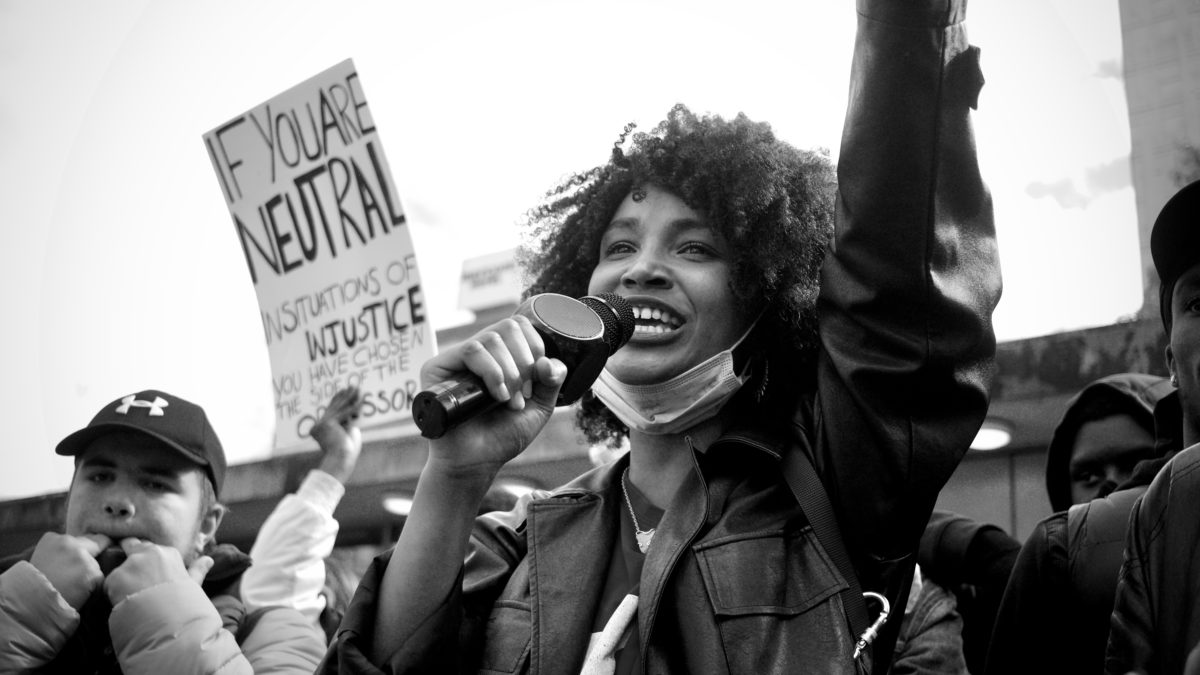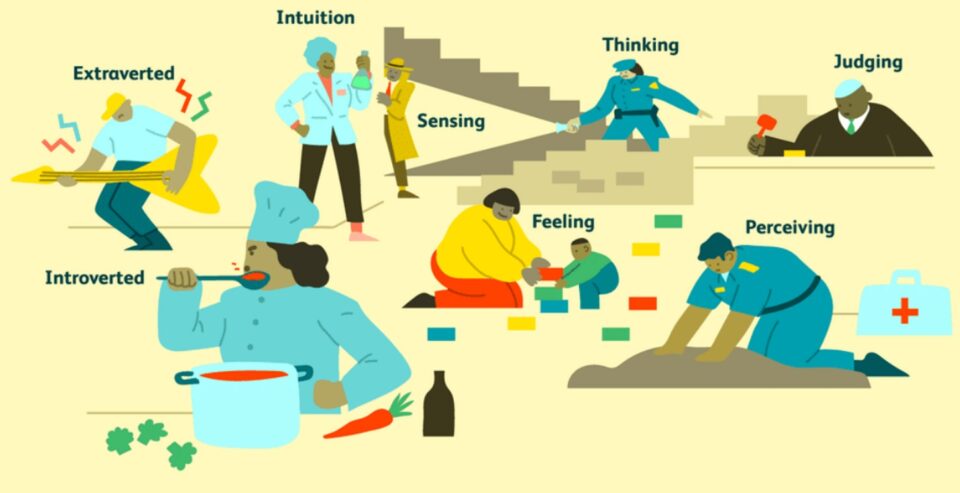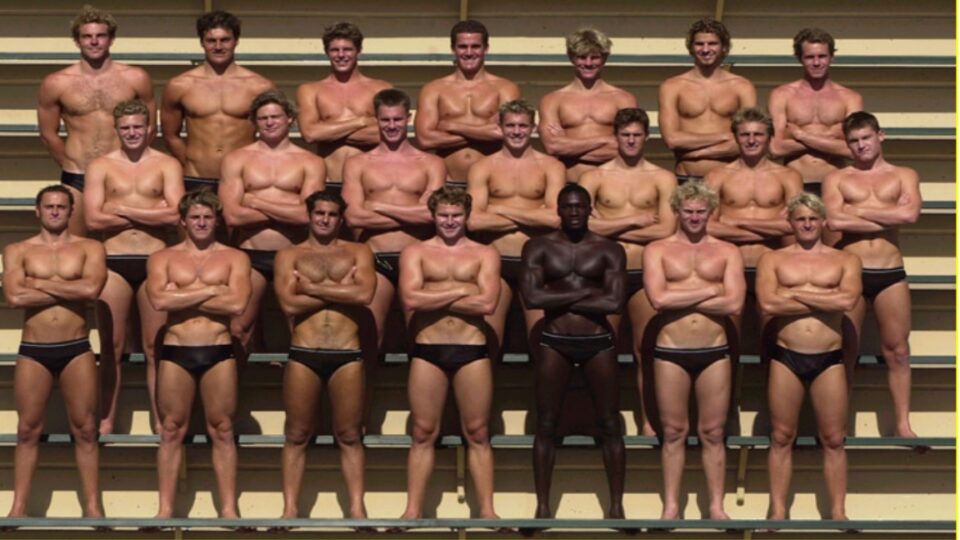Prejudice and Privilege

“Prejudice and Privilege”
Rev. Dr. Tony Larsen
1/15/23
During the Civil Rights Era of the 1960s, many of us thought that if we could just get rid of overt prejudice, we’d be fine. If we passed laws to prohibit discrimination in hiring and housing, purchasing and banking, education and voting, etc.–we’d all be on a level playing field. But just passing progressive laws –without taking into account the history of racism–didn’t actually level the playing field.
You see, the problem here is that we tend to think about race issue in term of examining the rights that some people are denied because of their color–rather than the privileges that many people like me enjoy because of our color.
They’re two sides to the same coin, of course. But once we’ve limited racism to “rights denied,” then when the most egregiously racist laws and policies have been abolished, we think that all that’s left to do is to be personally fair and unbiased.
Michelle Obama, in her book Becoming, told of a similar incident with her brother Craig, when they were growing up. [My brother], she said, “got a new bike one summer and rode it east to Lake Michigan, to the paved pathway along Rainbow Beach, where you could feel the breeze off the water. He [was]… promptly picked up by a police officer who accused him of stealing it… [The officer was] unwilling to accept that a young black boy would have come across a new bike in an honest way. (The officer [was] an African-American man himself, [who] ultimately got a brutal tongue-lashing from my mother, who made him apologize to Craig.) What happened, my parents told us, was unjust but also unfortunately common. The color of our skin made us vulnerable. It was a thing we’d always have to navigate.” [p. 25]
Most black parents, in fact, give a talk to their children–especially their sons–that goes something like this: “If you are ever stopped by a police officer, do what he says, even if you think he’s wrong. And don’t argue. Always keep your hands where he can see them. Do not reach for your phone or your wallet. Do not raise your voice or talk back. Let him arrest you if that’s what he wants to do. Just memorize his badge number, and then call me when you get to the police station.”
Almost all black parents give some version of the speech to their kids–it’s called “the Talk.” And I would guess that most black adults have heard this talk from their own parents. Black parents don’t give this talk because they think police are bad. They give it because they know police are human. They give it because they know police are human, and are subject to the same biases and presuppositions that most other people have.
The trouble is, most children do notice skin color. They tend to notice anything that makes one person different from another. [In fact] they’re always trying to categorize and sort out the differences they see. So when their parents don’t talk about skin color, the kids don’t get from that that skin color doesn’t matter. What they get from it is that skin color is a taboo subject.
It might seem that not bringing up race issues would leave kids without racial bias–and maybe in an ideal world that could happen–but it’s not the way things are.
As an African-American member of the church I used to serve put it to me: “If your kids are black (or biracial)–and you don’t talk to them about skin color–you’re leaving them unprepared for later on, when they find out that the world outside their family isn’t always as accepting and understanding–you’re insuring that they’ll blind-sided.”
They’ll think, What happened? (Like kids who’ve always been the center of attention at home and suddenly find out that the rest of the world doesn’t see them that way. And they think: I’m not the most important person in the Universe? Why didn’t anyone tell me?)
And white kids–if they’re never told about skin color, or the history of race relations in our country–they’ll end up being surprised when they meet black kids who have different family backgrounds from theirs, and different experiences growing up. And they’ll think: What’s wrong with these kids? Why do they act differently? Aren’t we all the same–so why are they making such big problems out of their lives?



